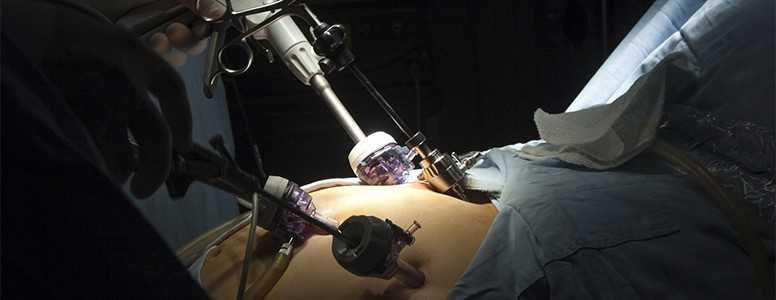Adults with type 2 diabetes who undergo bariatric (weight loss) surgery reduce their risk of microvascular complications, a US study has found.
The findings, published in the Annals of Internal Medicine, showed participants were less likely to develop microvascular complications including diabetic neuropathy (nerve damage), nephropathy (kidney damage) and retinopathy (damage to the eyes).
The Kaiser Permanente Washington Health Research Institute based their outcomes five years after 4,024 people participants underwent surgery, with their results compared to more than 11,000 matched control participants who received routine care instead of the operation.
The results showed that bariatric surgery was linked with a two-thirds drop in neuropathy, one-half decrease in nephropathy and also a one-third reduction in the risk of retinopathy.
The researchers concluded: “In this large, multicenter study of adults with [type 2 diabetes], bariatric surgery was associated with lower overall incidence of microvascular disease (including lower risk for neuropathy, nephropathy, and retinopathy) than usual care.”
Previous studies have also highlighted improved blood glucose levels, blood pressure and lipid control following weight loss surgery.
However, while surgery has stated benefits, there are risks that need to be considered which include possible risks of bleeding and infection. The main procedure used in the study was gastric bypass which permanently affects the way you need to eat for life.
It is important for people with type 2 diabetes to be aware that surgery is not the only option for managing the condition, and that a healthy diet and active lifestyle have been proven to not only reduce blood glucose levels but can, in some cases, put type 2 diabetes into remission.
Our very own Low Carb Program reduces the average HbA1c for people with type 2 diabetes by 1.2 mmol/mol (1.3%) after one year. Also, 40% of participants stop taking at least one of their drugs prescribed for the condition over 12 months.
What's new on the forum? ⭐️
Get our free newsletters
Stay up to date with the latest news, research and breakthroughs.






